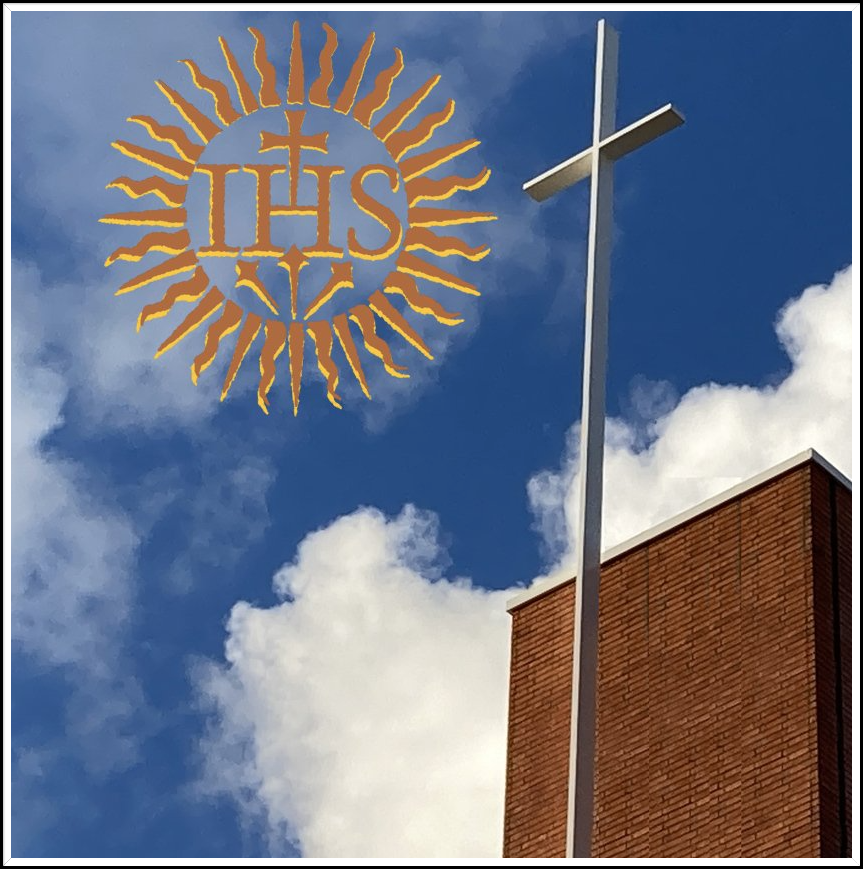An Appeal from the Heart, to the Heart
March 1, 2026
Dear Parishioners and Friends,
This Sunday we are being invited to extend our charitable solidarity to members of our diocese in need of our help through our Annual Catholic Appeal (ACA). Together we can continue to be intertwined into the fabric of God’s safety net providing companionship and hope to our brothers and sisters on the margins across our diocese.
Last year, more than $4.8 million in commitments were received from 18,000 Catholics, and more than 625,000 people were beneficiaries of the Annual Catholic Appeal’s outreach. Your generosity allows 18 Catholic charities throughout the diocese to reliably ensure that vital services are available to support struggling families and individuals who feel abandoned. Some of those groups in our area include Bishop Gallegos Maternity Home, Sacramento Food Bank and Family Services, Loaves and Fishes, St. Vincent de Paul, Wellspring Women’s Center, and Camp ReCreation.
ACA Funds also go to tuition assistance that allows students in low-income communities to attend Catholic Schools and provides seminarians in formation a respite from financial worry.
Moreover, 25% of our pledged ACA donations returns to our parish for our own local charitable outreach. In recent years, we have received an average yearly rebate of about $25,000 that we have used to defray the expenses of our Sharing God’s Bounty, Feed a Family, and Loaves and Fishes programs as well as our St. Vincent de Paul emergency fund. This past year we have also dedicated a portion of that rebate to help fund our new Mental Health Ministry.
This year as we read St. Matthew’s gospel together each Sunday, we hear Jesus’ reminder “Whatever you do for the least of the little ones, you do for me.” And we are consoled by the promise of the Beatitudes that the generous of heart are heirs to the kingdom.
Please join with your fellow parishioners and with our diocesan family to support the Annual Catholic Appeal’s works of charity, education, and solidarity. And remember, God is never outdone in generosity.
With immense gratitude for all you continue to do and give in support of our parish’s ministries, our school, and our diocese.
Blessings,

